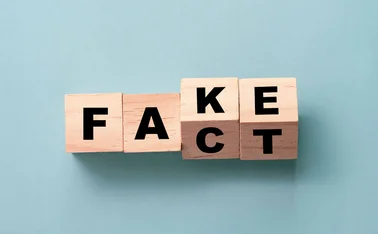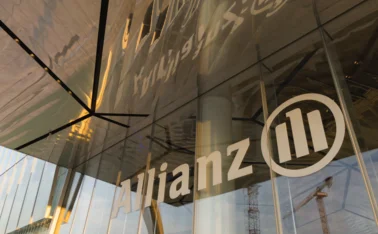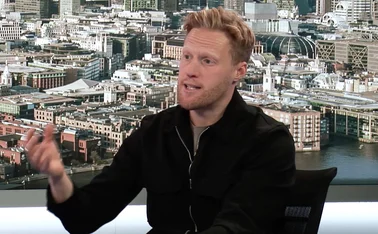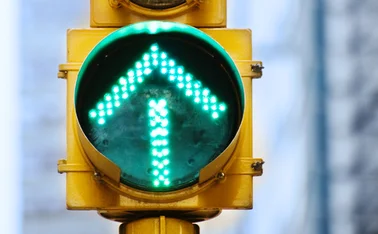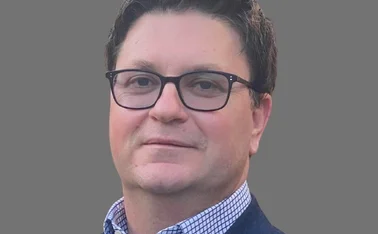
Blog: Five ways telematics will change insurance by 2025
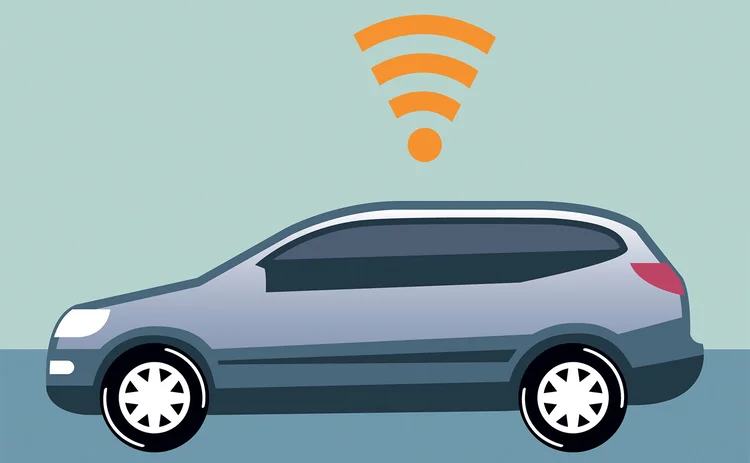
Insurance telematics has come on leaps and bounds from the rudimentary fleet tracking devices first seen in the market. It’s now becoming ever easier for drivers to qualify themselves for more appropriately priced premiums. However, a look ahead to the next 10 years shows just how far the technology has the potential to advance the insurance market.
In 2025 human interaction has been removed from the entire insurance process. From buying cover through to submitting claims, telematics sensors now do all of the work. They can reconstruct every aspect of your life in real time and can be used to make an exact and appropriate risk assessment.
Here are five ways in which Octo predicts telematics may improve the insurance of the future ahead of the Motor Insurance World conference on Wednesday 25 May.
Seamless transactions
Gone are the days of a long, laborious claims process. If you have an accident with your car, for example, you will find a brand new one at home waiting for you.
We already see travel insurance that automatically pays out to the insured immediately after a flight cancellation and this will progress to the point that telematics sensors can detect when a claim needs to be paid.
Not only that, but just like consumers can back up, sync and restore their phones in 2016, the new car will be set up identically to the old one, from the saved radio stations to the seat calibration.
Health monitoring
People already quantify many aspects of their health through wearable technology, such as heart rate monitors and pedometers.
In 2025, health insurance has been transformed by biometric sensors. Essentially telematics for the human body, these sensors are now as ordinary as vaccines for children when growing up.
They monitor basic vital signs such as heart rate and blood sugar levels but also detect abnormal molecular activity and flag serious health risks at the earliest possible stage. They can even be used to administer medication such as insulin for diabetics. Improved patient care avoids costly health insurance payouts.
Appliance reliability
Currently, your fridge is able to monitor the amount of milk left in the bottle, alert users when it is running low and instantly send a command to purchase additional supplies.
In 2025, sensors in consumer white goods are now able to interact with the manufacturer and communicate the status of a number of different factors. These connected devices can detect faults or install updates, averting the need for expensive repairs and potential contents insurance payouts down the line when the device fails. Reduced payout risk translates into more reasonably priced contents insurance premiums for the consumer.
The quantified home
Sensors in the home have improved far beyond smoke and burglar alarms. In fact, even in 2016 sensors in the home are already able to detect flooding.
In 2025, however, they can now assess plumbing, structural problems such as damp and deterioration, and monitor for issues with insulation or even pests.
They can also be used to provide a proper evaluation of a property to a home insurer, avoiding the paperwork needed to obtain a home insurance quote. Thus the process is streamlined in the same way that motor insurance quotes in 2016 can be generated from just a number plate.
One for all
Motor, home, health, travel, life insurance, among others, have been aggregated and are priced into one premium payment by insurance companies.
Use of data analytics can provide ample information about factors such as consumer habits, lifestyle choices, activity and location in order for insurers and actuaries to make accurate risk assessments.
This enables them to provide cover to the user from one 'cover-all' premium payment that caters to the individual needs of the consumer.
Telematics will play a key role in the evolution of insurance. We have already seen motor insurance begin its transformation but this is not where the impact ends.
Sensors are having a bearing on every aspect of our lives and the data collected can be used to augment sectors from health through to travel.
As the amount of human interaction, from getting a quote to making a claim, reduces to nearly zero, we will see the entire insurance process revolutionised and streamlined by data and analysis.
Andrew Lee
Head of market intelligence and analysis at Octo Telematics

For more information on Motor Insurance World click here
Only users who have a paid subscription or are part of a corporate subscription are able to print or copy content.
To access these options, along with all other subscription benefits, please contact info@postonline.co.uk or view our subscription options here: http://subscriptions.postonline.co.uk/subscribe
You are currently unable to print this content. Please contact info@postonline.co.uk to find out more.
You are currently unable to copy this content. Please contact info@postonline.co.uk to find out more.
Copyright Infopro Digital Limited. All rights reserved.
As outlined in our terms and conditions, https://www.infopro-digital.com/terms-and-conditions/subscriptions/ (point 2.4), printing is limited to a single copy.
If you would like to purchase additional rights please email info@postonline.co.uk
Copyright Infopro Digital Limited. All rights reserved.
You may share this content using our article tools. As outlined in our terms and conditions, https://www.infopro-digital.com/terms-and-conditions/subscriptions/ (clause 2.4), an Authorised User may only make one copy of the materials for their own personal use. You must also comply with the restrictions in clause 2.5.
If you would like to purchase additional rights please email info@postonline.co.uk

